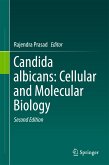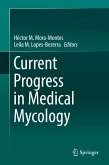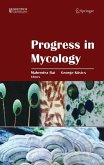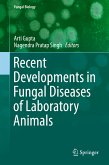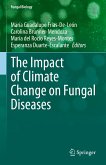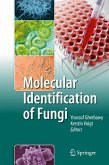This 3rd edition of Volume 6 of The Mycota highlights exemplary interactions between fungal pathogens and their host(s). The book is organized in three parts:
- Part 1 summarizes our current understanding of important pathogenic fungi such as Candida species, Malassezia yeasts, Aspergillus fumigatus and fungi of the order Mucorales.
- Part 2 addresses the characterization of the host response towards pathogenic fungi. It focuses on RNA as a mediator of host-pathogen interactions, the human gut mycobiome, the role of the innate immune system in fighting infections, pattern recognition receptors involved in fungal infections, and a summary of established infection models for studying host-fungal-pathogen interactions.
- Part 3 provides insights into the impact transcriptomics and proteomics technologies have on the research of human-pathogenic fungi.
The up-to-date reviews by experts in the field provide the reader with a comprehensive overview of the various research topics in the field of human and animal relationships with fungi and will hopefully help researchers to find inspiration for their own research.
Dieser Download kann aus rechtlichen Gründen nur mit Rechnungsadresse in A, B, BG, CY, CZ, D, DK, EW, E, FIN, F, GR, HR, H, IRL, I, LT, L, LR, M, NL, PL, P, R, S, SLO, SK ausgeliefert werden.



